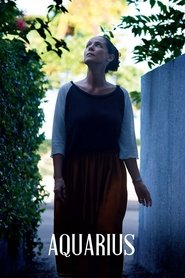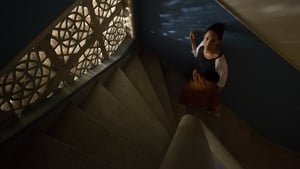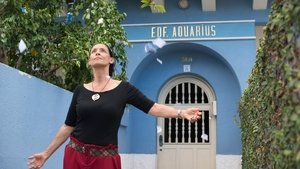
Video Sources 961 Views

Synopsis
Aquarius 2016 full Movie Download In Portuguese 1080p
StoryLine:
It’s easy enough to say what makes an apartment a home — fond memories, shelves full of cherished books and records, a heap of living — but it’s harder to specify what makes a home a metaphor. Kleber Mendonça Filho’s new film, “Aquarius,” takes place mostly in and around the apartment where its heroine, a 65-year-old music critic named Clara, has lived for much of her adult life. Its rooms are spacious and sunny (the Atlantic Ocean is right across the street), but an intimation of hidden significance drifts in with the light and the breezes, a hint that Clara’s home might also be a microcosm of modern Brazil.Aquarius 2016 Movie Download.
Mr. Mendonça Filho has been here before. Not to this particular building, which gives its name to the movie, his second fictional feature, but to this nexus of place, story and theme. Judging from “Aquarius” and its predecessor, “Neighboring Sounds,” you could say that this director, a former film critic, specializes in movies about real estate in Recife, capital of the northeastern Brazilian state of Pernambuco. In the sense, that is, that Herman Melville specialized in books about sea voyages.
In “Aquarius” the last remaining resident of an apartment complex in Brazils is determined to resist the efforts of the building’s owners to get rid of her. In his review, A.O. Scott writes: In “Aquarius,” not just one woman’s comfort is at stake, but also everything she represents. The filmmaker Kleber Mendonça Filho invites the audience to take the protagonist Clara on her own terms, without pity or condescension. The film is a marvelous and surprising act of portraiture, a long, unhurried encounter with a single, complicated person. This alone is enough to make it an experience well worth seeking out. But what makes this film timeless is its political parallels, which are less a matter of ideology than of sensibility.
Additional Links:
Original title
Aquarius
IMDb Rating
7.4 19,567 votes
TMDb Rating
7.5 394 votes
Director
Director
Cast
Clara
Ana Paula
Roberval
Diego
Geraldo Bonfim
Ladjane
Antonio
Fátima
Clara em 1980
Adalberto / Rodrigo


























![The Ghost [ORG Hindi]](https://image.tmdb.org/t/p/w185/8KK3jv8XQPfWBRj9LImQCk0Cmmh.jpg)




